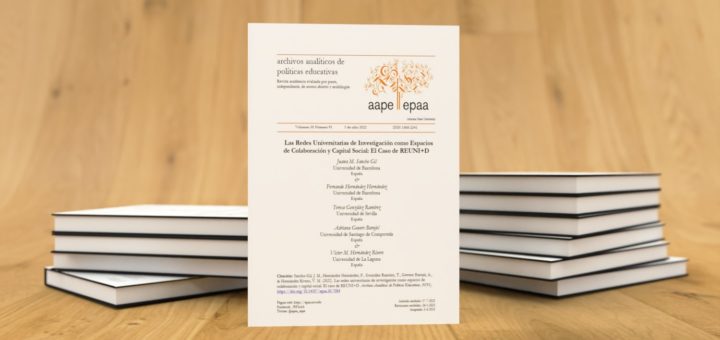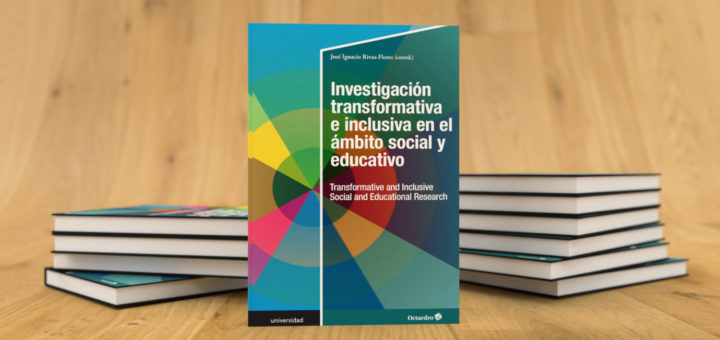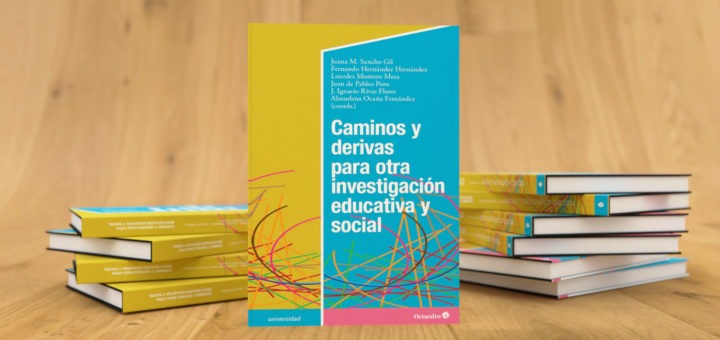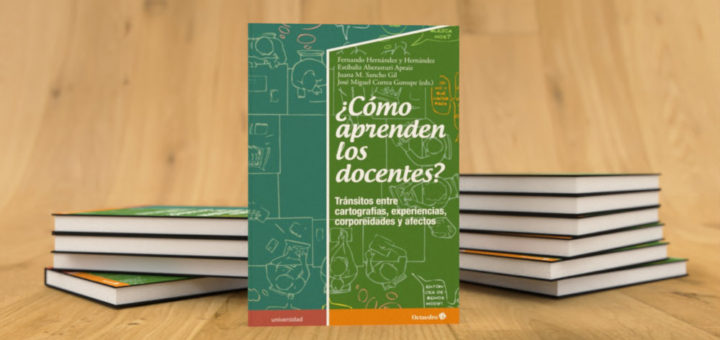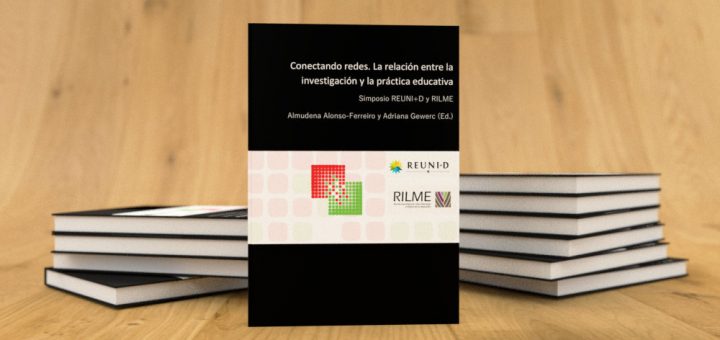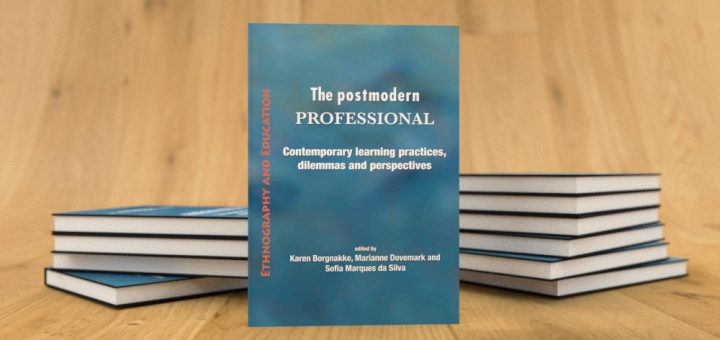University research networks as spaces for collaboration and social capital: The case of REUNI+D
Collaborative networks are considered a critical factor in developing the human species and any living being. Life would not be possible without the dynamic interaction between plants, animals, micro-organisms, non-living beings, and their environment. Nor would human life be possible without considering its physical, social, cultural, and technological environments as a unitary network living within a historical context.
